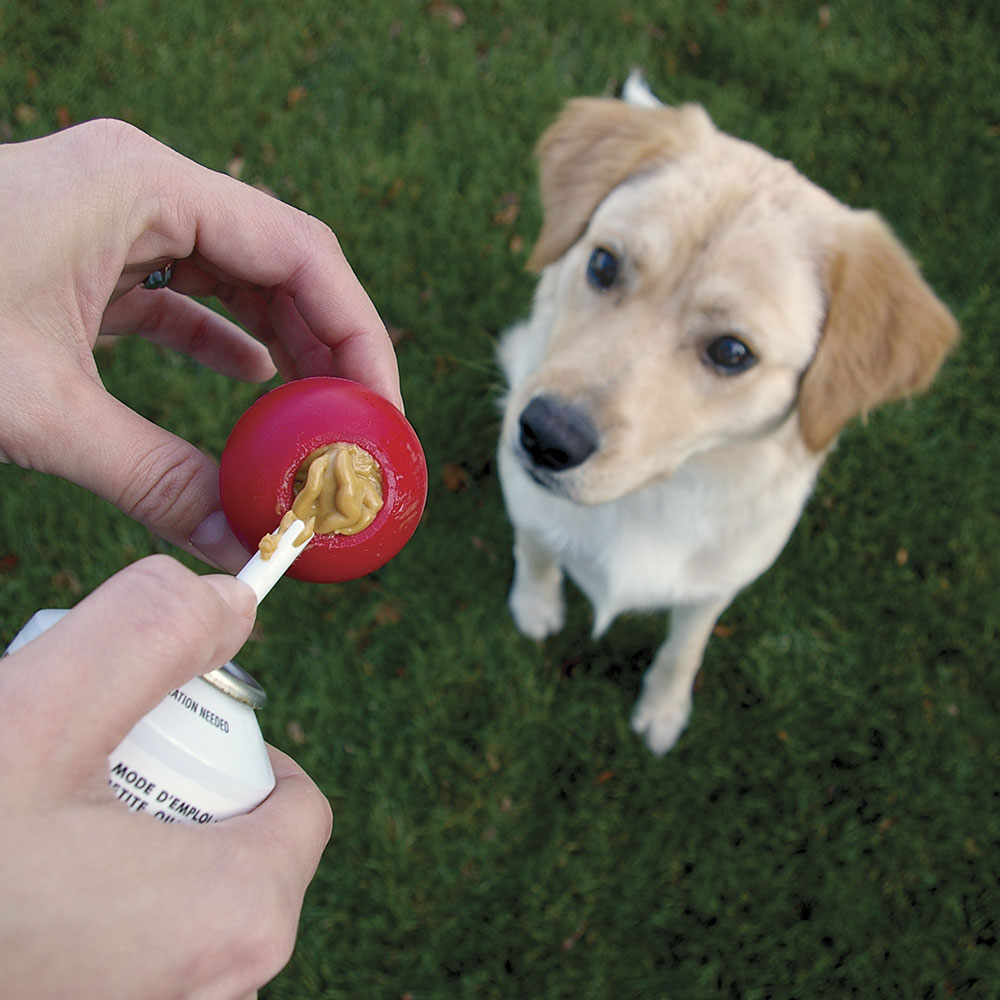 Why do dogs do what they do? Why does your dog raid the trash can, or counter surf? Why does your dog come when you call (or why not!)? It's all about the motivation. Dogs do things for one of two reasons: 1. To get something they want. -or- 2. To avoid something they don't want. Sounds simple, and it is. Modern dog training is based on positive reinforcement. Instead of waiting for the dog to do something wrong we set the dog up for success, and reinforce those successes with things the dog likes - food, play, praise, etc. - until those behaviors become habits, become his default behaviors. Traditional dog training is based on punishment. Wait for the dog to do something wrong or, even worse, bait the dog into doing something wrong then punish him - with a leash pop, a loud voice, a rolled-up newspaper, a shock, etc., until the dog stops doing the behavior in order to avoid the punishment. Enough punishment and the dog falls into a state of learned helplessness - afraid to do anything for fear of being "corrected". Both training methods work, but at what cost? The Fallout of Using Punishment There have been numerous scientific studies that have compared punishment-based training with reward-based training, and the message is clear: punishment-style training is unnecessary and detrimental to animal welfare. In one particular study (1) a group of dogs were trained with shock collars while another group was reward-based trained. There was no significant difference in reported efficacy between the groups. In other words, shock-trained dogs did not perform any better than reward-trained dogs. Another study (2) reveals that confrontational training methods actually increase the risk of an aggressive response from the dog. Finding the Right Motivator As we have learned, motivating a dog to work for something they want is a better way to train. But what motivates one dog may not motivate another, or what may motivate a dog to do a simple task may not be enough to motivate him to do a difficult task, and therein lies the challenge. For example, Clarke, a healthy, 9-month old Labrador Retriever, refused to jump into the back of his SUV, which is a problem because he goes to daycare several times a week. Clarke is frequently taken on hikes and loves jumping on and off of boulders and other obstacles, so ability wasn't an issue. He also loves his daycare, so there was no fear of going someplace he disliked. My feeling was he didn't like jumping into a small, enclosed space. We can't make the space bigger, so we had to make the space worth jumping into. Motivation! We began by clicking and treating Clarke just for looking at the vehicle, in order to make a positive association with it. We then threw treats inside and clicked/treated for putting his front paws on the vehicle in order to get the treats. But that's as far as Clarke would go. Fresh turkey, peanut butter bites, and commercial training treats were just not motivating enough to get Clarke to jump into the car. At this point a "balanced" trainer (a trainer who uses reward-based and punishment-based training) or a punishment-based trainer might have put a leash and choke or prong collar on Clarke and pushed and/or dragged him into the back of the SUV. Clarke may have obliged, if only to avoid the pain around his neck. But we also know that could have caused Clarke to shut down (learned helplessness) or provoked an aggressive response from him. I, on the other hand, upped the ante: liver paste sprayed into a Kong. Within a few minutes we had him jumping into the back of the SUV with no assistance whatsoever. We found Clarke's motivation! In Summary Find out what your dog loves and use it to your advantage - whether it's a tennis ball, a tug toy, or a liver-filled Kong. You wouldn't expect to work your whole life for a pat on the back and a "good job", and neither should your dog. Make use of what motivates your dog and pay him! Just like us, difficult jobs often call for higher pay, so don't be stingy. Break out the good stuff and give your dog a bonus for doing a difficult job. Your dog will love your for it! References (1) http://journals.plos.org/plosone/article?id=10.1371/journal.pone.0102722 (2) http://www.sciencedirect.com/science/article/pii/S0168159108003717
FD
5/31/2017 07:58:57 pm
Peanut butter is my secret weapon for motivating my pup! She loves PB! Thanks for posting. Comments are closed.
|
AuthorJeff Dentler, CPDT-KA, IAABC-ADT, FFCP, CTDI Archives
July 2024
Categories |


 RSS Feed
RSS Feed